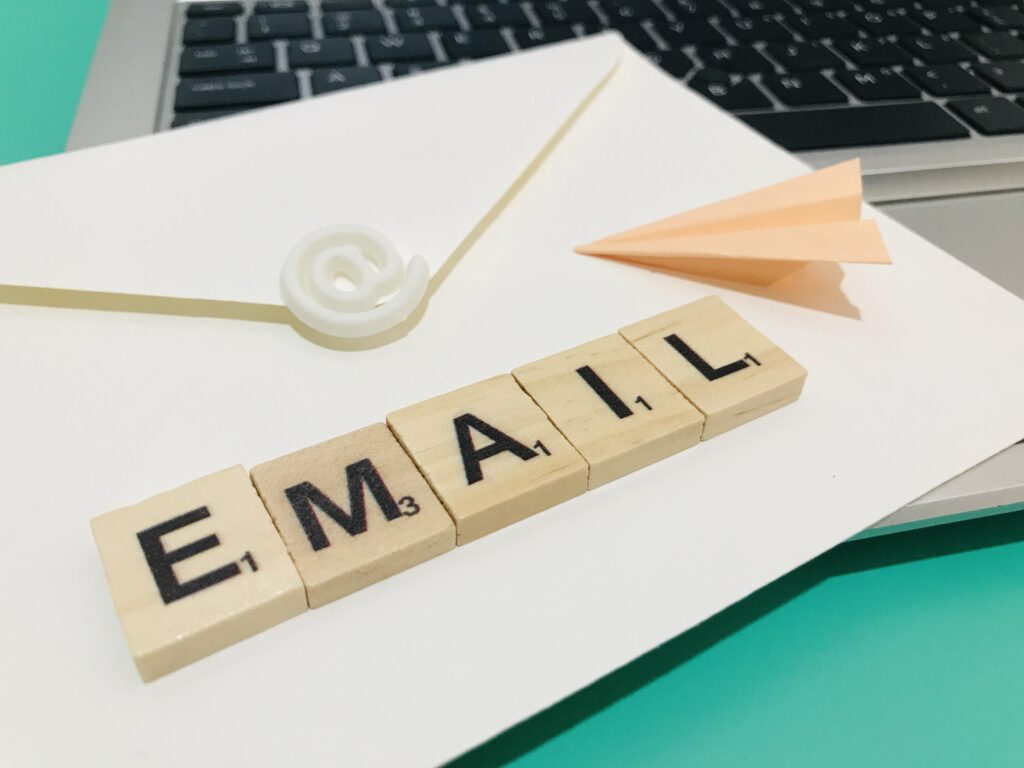Freelancing comes with several benefits, such as flexible hours, the ability to work from anywhere, and zero awkward small talk at the office water cooler. But here’s the unfiltered truth: no matter how skilled you are with a camera, code, or keyboard, your success hinges on one thing—you can’t afford to outsource your effective communication skills.
Think about it. You could be the best graphic designer in your niche or write copy that makes CEOs weep with joy, but if you struggle to express ideas clearly, manage client expectations, or navigate feedback without sounding defensive, your freelance career might hit a wall. Why? Because clients aren’t just buying your talent. They’re buying the experience of working with you. And that experience is built, brick by brick, through good communication.
From writing pitch-perfect emails and navigating tricky client calls to setting boundaries without sounding rude, effective communication skills are what turn one-time gigs into long-term partnerships. They’re what get you glowing testimonials, referrals, and projects that don’t make you want to pull your hair out.
In this article, we’ll explain why communication is your freelance superpower and share easy, actionable tips to help you wield it with confidence, clarity, and just the right amount of charm.
Why Effective Communication Matters for Freelancers
As an African freelancer, you’re not just competing locally. You’re playing on a global stage. Effective communication skills are what bridge the cultural and professional gaps that can make or break a project.
Let’s be honest. Many clients already have assumptions when working with freelancers abroad. Some worry about language barriers, unclear expectations, or ghosting halfway through a job. Your ability to communicate, confidently, and consistently is what sets you apart and builds trust, especially if you’re working remotely across time zones.
Here’s why mastering communication is a game-changer:
- You come across as more professional. Even if you’re just starting, the way you write an email or ask a question can position you as someone reliable, organised, and detail-oriented.
- You avoid costly misunderstandings. Clear briefs, deadlines, and feedback loops save you from scope creep, project delays, or the dreaded “This isn’t what I asked for.”
- You build long-term client relationships. Clients love freelancers who “get it” without needing endless explanations. That only happens when you ask the right questions, listen actively, and follow up effectively.
- You stand out in a crowded market. Skills can be learned, but great communicators are rare. If you consistently show that you’re easy to work with, clients will remember you (and refer you).
Freelancing is where one good client can open doors to ten more. Communication isn’t just a soft skill; it’s your currency.
Key Elements of Effective Communication Skills
What exactly makes communication effective, especially for freelancers? It’s not just about speaking fluent English or sending well-structured emails. It’s about ensuring your message is clear, understood, and aligned with the goals of your client.
Here are the key elements of effective communication skills every African freelancer should develop:
1. Clarity
Be direct and easy to understand. If you’re explaining your process, clarifying a brief, or discussing payment terms, aim for simplicity. Avoid unnecessary jargon and confirm important details to avoid confusion.
2. Listening
Strong communication isn’t just about talking. Active listening means paying close attention, asking thoughtful questions, and responding based on what was said. It helps you avoid assumptions and ensures you fully understand the client’s expectations.

3. Responsiveness
Clients appreciate timely communication. Even if you don’t have all the answers yet, acknowledging a message and giving a quick update shows that you’re reliable and professional. Silence creates doubt.
4. Tone and Language
Keep your tone professional but warm. Too casual might come off as careless, while overly formal messages can feel distant. Match the client’s tone when possible, and always stay respectful and polite.
5. Non-Verbal Cues (for Video Calls)
When you’re on a video call, your body language says a lot. Sit upright, maintain eye contact, smile when appropriate, and dress presentably. These small things help convey confidence and attentiveness.
Tips to Improve Your Communication as a Freelancer
If you’re just starting or you’ve been freelancing for a while, there’s always room to improve how you connect with clients. The good news? You don’t need fancy tools or a British accent. With a few intentional habits, you can develop effective communication skills that help you stand out and deliver a better experience for your clients.
Here are some practical tips to get you started:
1. Set Clear Expectations from the Beginning
From your first message or call, be upfront about what you do, how you work, your timeline, and your availability. Clients value clarity, which helps prevent awkward back-and-forths down the line.
2. Choose the Right Communication Channels
Some clients prefer email, while others want updates on WhatsApp or Slack. Ask what works best for them and stick to it. This shows respect for their workflow and keeps conversations organised.
3. Practice Active Listening
Don’t just wait for your turn to speak. Listen carefully, take notes, and ask follow-up questions. This ensures you understand exactly what the client wants, which reduces revisions and boosts satisfaction.
4. Write Professional Emails and Messages
Start with a greeting, get to the point, and end politely. Use spell check and avoid slang, especially with new clients. Clear, well-structured writing shows that you take your work seriously.

5. Prepare for Client Calls
Before any meeting, jot down your main points and questions. During the call, speak clearly and stay focused. Afterwards, send a quick summary to confirm what was discussed. This avoids misunderstandings.
6. Handle Feedback Gracefully
Not all feedback will be glowing. Instead of getting defensive, take it as a chance to improve. Ask for clarification if needed and offer solutions. How you respond to criticism can make or break the relationship.
7. Use Project Management Tools When Necessary
If you’re working on a big or long-term project, tools like Trello, Notion, or Google Docs can help keep things clear. They make collaboration easier and reduce the need for constant check-ins.
8. Be Mindful of Cultural and Time Zone Differences
Freelancers in Africa often work with clients in different countries. Always confirm time zones when scheduling meetings, and be sensitive to cultural communication styles. A little effort here can earn big respect.
These tips might seem simple, but they make a big difference. Over time, they’ll become second nature and will help you work more efficiently while building stronger relationships with clients.
Conclusion
In freelancing, your words can open doors or quietly close them. Mastering effective communication skills isn’t just about being polite or writing perfect emails. It’s about showing clients that you’re dependable, attentive, and easy to work with. That level of professionalism builds trust, attracts better clients, and keeps opportunities flowing.
As an African freelancer, strong communication can also help you overcome biases and stand out in global markets. When you combine your talent with clear, confident communication, you position yourself as more than just a freelancer; you become a valuable partner clients want to work with again and again.
If you’re looking to sharpen your communication and other freelancing skills, join the growing community at AfricanFreelancers.com. Explore more articles, tips, and resources made especially for African freelancers who are building successful, sustainable careers.
Your next big opportunity could be one message away, so make sure it’s good.





